Anxiety and depression are closely related, and both are prevalent mental health conditions among addicts. In fact, 73% of individuals with major depression also experience anxiety simultaneously.
But what’s the driving cause of this? Let’s take a look.
What’s Depression?
An individual suffering from depression experiences negative emotions, thoughts, and behaviors. Symptoms of the disorder include low moods and depression, and, in the most severe cases, a lack of will to survive.
Life is full of ups and downs, but depression is usually characterized by prolonged, accentuated depressive symptoms (over two weeks). The development of depression can be caused by a number of circumstances, such as life events or brain chemistry imbalances resulting from substance abuse.
Common symptoms of depression include:
- Persistent sad or anxious mood
- Hopelessness and pessimism
- Irritability, frustration, and/or restlessness
- Loss of interest, pleasure, and willfulness
- Lower energy levels
- Troubled sleeping patterns
- Changes in appetite
- Pains, headaches, and cramps that are not eased with treatment
- Thoughts and attempts to take one’s own life
What’s anxiety?
In its simplest form, anxiety is a feeling of worry and/or fear. As with depression, we all experience some level of anxiety from time to time without having to worry about it being a serious health condition. However, there are those whose anxiety symptoms are so severe and long-lasting that they are considered to have an anxiety disorder.
It is difficult for people suffering from anxiety symptoms to carry on with their normal activities when their symptoms are severe and long-lasting. For example, they are unable to work or take care of their families.
There are many causes of anxiety, such as work stress and substance abuse.
Common symptoms of anxiety include:
- Panic attacks
- Shortness of breath
- A racing heart and mind
- Sweating
- Disturbed sleep patterns
- Feeling pins and needles
- Tremblings
- Stomach ache or emptiness
- Excessive fear and worrying that impairs activities
- Feeling powerless
- Difficulty concentrating
What’s the Relationship Between Depression and Anxiety?
Although anxiety and depression are different, some of their symptoms are similar. This allows us to observe the relationship between depression and anxiety at a glance. There is a tendency for patients diagnosed with both disorders to experience greater severity in each.
The relationship between depression and anxiety is linked in such a way that it works like a vicious cycle; when patients get anxious, they feel bad about it, and depression strikes. Because of this, depression is more likely to occur when anxiety is present. In the same way, depression leads to feelings of fear, worry, and anxiety which eventually leads to anxiety disorders.
Anxiety and depression exacerbate one another when combined, presenting patients with difficult complications.
The majority of treatment centers are prepared to deal with dual-diagnosis treatments, which include both addiction and mental health issues. In the event that you or a loved one is experiencing mental health symptoms and addiction, it’s imperative that you contact a recovery expert and get help immediately.
Getting Help
Both anxiety and depression can be debilitating mental disorders that make getting well difficult for addicts. In the event that you or a loved one are experiencing depression or anxiety while abusing substances, then you may be suffering from a dual diagnosis and need to seek help.
It is important to choose a recovery center that offers the right recovery treatments so that a smooth transition to sobriety can be achieved.
Elysium Healthcare is a premiere drug treatment center that will arm you with the tools you need to overcome addiction.
Contact Elysium today and find out how we can help!





